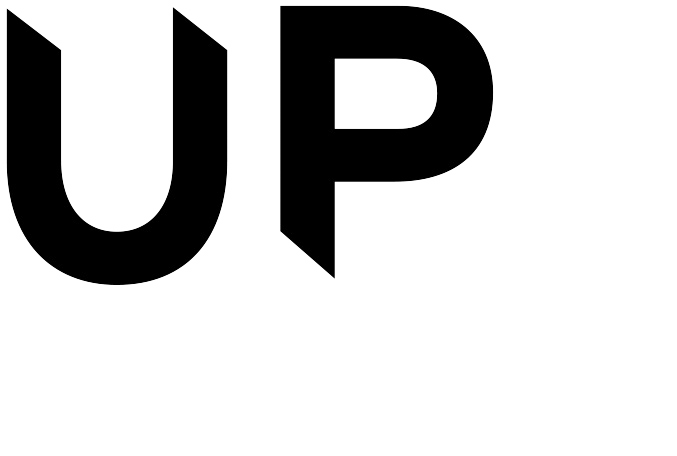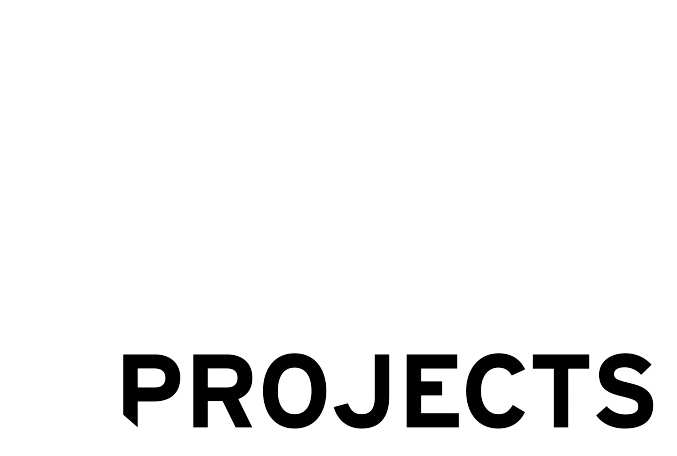About this Event
Join us for Is the future of public art online? the fourth of a series of events as part of Assembly, an online learning and development programme for curators, producers and public art practitioners that explore issues and good practice in relation to the expanded field of public art.
We’ve spent the last year interacting with the world through our screens. Is this the point at which ‘public art’ becomes something that is primarily experienced through the digital world, rather than in the ‘physical’ world?
Has the non-hierarchical, expansive world of the internet overtaken the increasingly privatised and co-opted world of the ‘public realm’? Can public art commissioning build on this expanded form of public space?
Is the future of public art online? is chaired by Siddharth Khajuria, Senior Producer at Barbican. Speakers include Soledad Gutiérrez Rodríguez, Executive Producer at st_age (TBA21), and Penny Rafferty, member, and co-founder of Black Swan DAO.
All Assembly events will take place in The Hall, UP Projects’ digital participation space.
Assembly has been developed by UP Projects in collaboration with Public Art Network UK (PAN) and is generously supported by The Art Fund. The programme has been put together by Jes Fernie, Elisabeth Del Prete, Theresa Bergne and Emma Underhill.
As part of the event, we will be exploring notions such as blockchain, DAO, SDG and NFTs. Please see below definitions and useful links of these terms:
Blockchain: A system in which a record of transactions made in bitcoin, or another cryptocurrency is maintained across several computers that are linked in a peer-to-peer network (lexico.com). For more info please follow this link
Decentralised Autonomous Organisation (DAO): One of the major features of digital currencies is that they are decentralized. This means they are not controlled by a single institution like a government or central bank, but instead are divided among a variety of computers, networks, and nodes. In many cases, virtual currencies make use of this decentralized status to attain levels of privacy and security that are typically unavailable to standard currencies and their transactions (investopedia.com)
Sustainable development goals (SDG): The 2030 Agenda for Sustainable Development, adopted by all United Nations Member States in 2015, provides a shared blueprint for peace and prosperity for people and the planet, now and into the future. At its heart are the 17 Sustainable Development Goals (SDGs), which are an urgent call for action by all countries - developed and developing - in a global partnership. They recognize that ending poverty and other deprivations must go hand-in-hand with strategies that improve health and education, reduce inequality, and spur economic growth – all while tackling climate change and working to preserve our oceans and forests (sdg.un.org).
Non-fungible token (NFT)
Non-fungible tokens or NFTs are cryptographic assets on blockchain with unique identification codes and metadata that distinguish them from each other. Unlike cryptocurrencies, they cannot be traded or exchanged at equivalency. This differs from fungible tokens like cryptocurrencies, which are identical to each other and, therefore, can be used as a medium for commercial transactions. For more info please follow this link.
Accessibility
Live captioning and British Sign Language interpretation will be available at this event. Should you require British Sign Language interpretation please email info@upprojects in advance of the event so we can ensure to provide you with dedicated access links to the event.
About Siddharth Khajuria
Siddharth Khajuria is a cultural producer and programmer. In his role at the Barbican, he’s responsible for a public programme of socially-focused exhibitions, events and research projects which (mostly) happen in and around the arts centre’s vast foyer spaces. These projects often emerge from new communities of creative practitioners -- writers, researchers, artists, curators and others -- coming together to co-create a cultural project exploring a specific theme or question they share an interest in. He’s also the co-founder of a new charity, Grand Plan, which awards £1,000 grants to artists of colour to realise creative projects. He lives in north-east London with his partner and two children.
About Soledad Gutiérrez Rodríguez
Soledad Gutiérrez Rodríguez is part of the curatorial team of TBA21 and is Executive Producer of st_age. She has been working in the arts for the last twenty years, occupying different positions in various institutions from the Guggenheim Bilbao, to the Museu d’Art Contemporani de Barcelona (MACBA), and the Whitechapel Gallery in London. Most recently, she was the Director of CentroCentro in Madrid, where she developed a program based on contemporary artistic practice and collective learning. Her research deals with cooperative practices and the immaterial potential of art realized through performance and collective processes.
About Black Swan DAO
Black Swan DAO is an experimental digital initiative designed to eat the art world by channeling resources from established institutions to cultural practitioners. The project responds to the increasing precarisation of cultural labour by experimenting with organisational forms that enable practitioners to collectively manage resources.
Black Swan DAO member and co-founder Penny Rafferty (she/her) will join us as speaker for "Is the future of public art online?". Rafferty is a writer and visual theorist based in Berlin. Her theoretical essays and creative texts have been commissioned for Cura, Kaleidoscope Magazine, Keen on, Taz.de NRW Dusseldorf, Flash Art and Elephant Magazine amongst others. She was the in-house critic at STATISTA, Berlin 2020 and is one of the co-founders of both Ishtar Gate and The Black Swan DAO. She co-developed the think tank series Artworld DAO’s with Ruth Catlow in coordination with Ben Vickers, Serpentine Gallery, Furtherfield Gallery and Goethe Institute 2019 ongoing and continues to work as both a writer, auditor and researcher at the crossroads of art, culture and technology.










